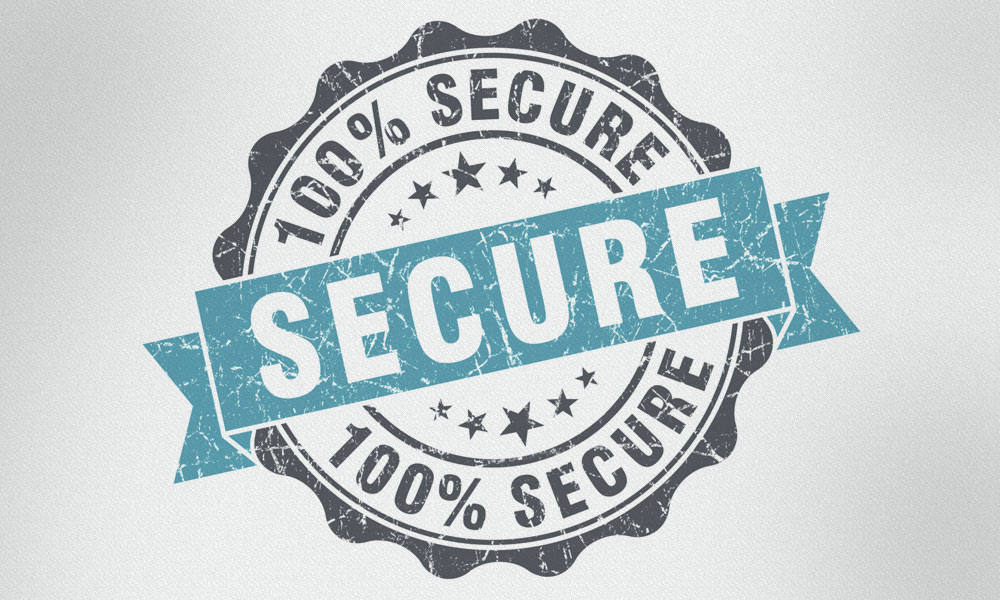
Study: Security Seals Lead To More Online Donations
At a time when “online security” reads like an oxymoron, a new study found that nonprofits that invest in website security and display security seals inspire more confidence with donors—which translates to more charitable donations.
A small tweak in website design could lead to an increase in charitable donations, according to a new study out of Rutgers University-Camden. Charitable giving statistics have shown a steady increase in total contributions in recent years, a trend that is likely to continue as the final 2014 figures come into focus. But groups that rely on charitable gifts could be doing even better.
The tweak researchers studied: displaying a security seal.
“When you go to a nonprofit organization’s website, you might see a seal from WebTrust, Symantec, or another third-party administrator. That seal is there to let donors know that the website is legitimate and they shouldn’t worry about submitting credit card and other personal information,” Erica Harris, an assistant professor of accounting at the Rutgers School of Business-Camden, said in an article on the school’s website.
Harris and Joseph Canada, another assistant professor of accounting, found that only 15 percent of the 2,000 largest nonprofits in the U.S. display a security seal on their donation pages. Some of the largest organizations, like higher education institutions, didn’t have seals, though researchers said donors are less likely to question the legitimacy of well-known organizations.
A seal could come in handy for smaller nonprofits. Groups like the Better Business Bureau and Charity Navigator warned of fraudulent charities before #GivingTuesday in November, and they regularly rate charitable organizations. Researchers found that a security seal can reassure wary donors because of the support that the third-party administrator provides.
“The web security providers are looking at not only the technical side of website security, but also privacy policies to make sure the organizations properly handle donators’ information,” Canada said. “They’re providing assurance that this information is safe.”
Their research is ongoing, but preliminary results have found that organizations with a security seal on the donations page received more donations than organizations without a seal. The next step is to determine how donations are affected after a seal is implemented on an organization’s website.
Seal Selection
A 2013 study for the Baymard Institute looked into which web security seals consumers trusted most. The 2,510 respondents were shown eight badges and asked one question, “Which badge gives you the best sense of trust when paying online?” Respondents could choose from companies like Norton, McAfee, TRUSTe, and the BBB; they were also given the option to select “Don’t know or no preference,” which nearly half of the respondents chose.
Of those who selected a security badge, Norton was the seal that made consumers feel most secure (35.6 percent), followed by McAfee (22.9 percent), TRUSTe (13.2 percent), and the BBB (13.2 percent).
Three of the top four most-trusted seals were “trust seals,” meaning the companies offer no technical support and simply give their “seal of approval.” (Norton, the lone secure sockets layer (SSL) seal provider, offers hands-on technical support to organizations that partner with them.) “This … points in the direction that what matters for the average user is the perceived security, not the actual technical security,” the company said in a blog post.
(iStock/Thinkstock)






Comments